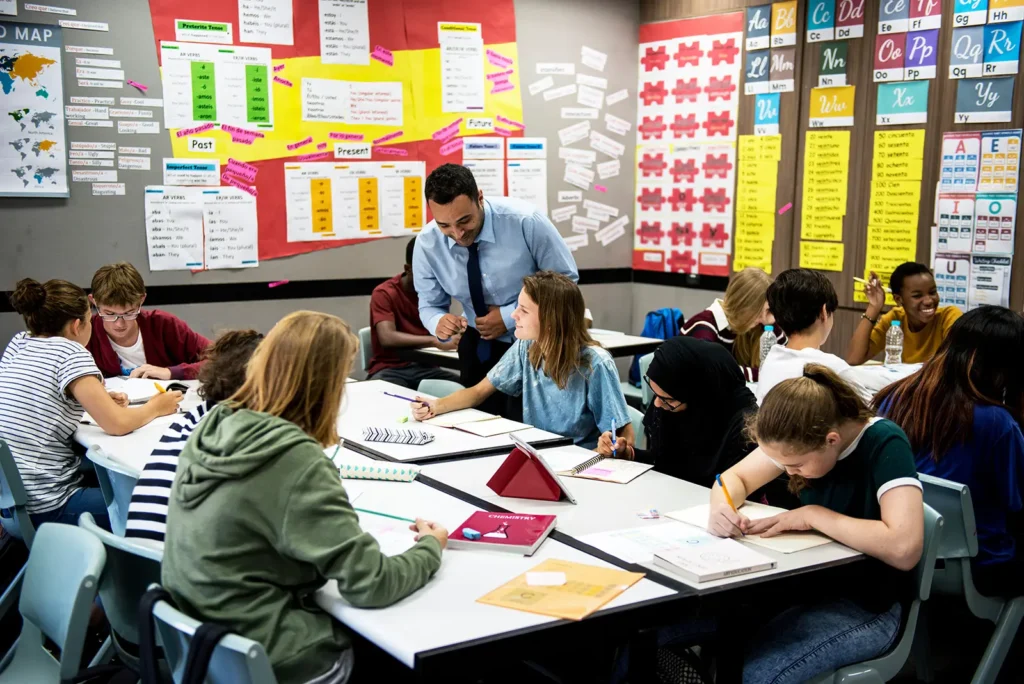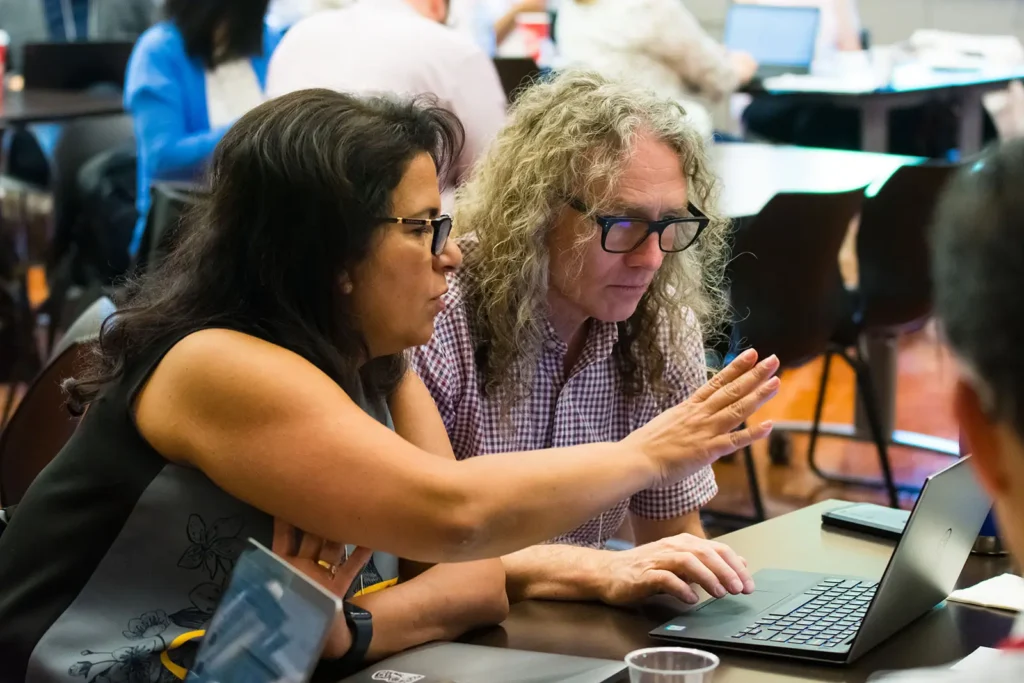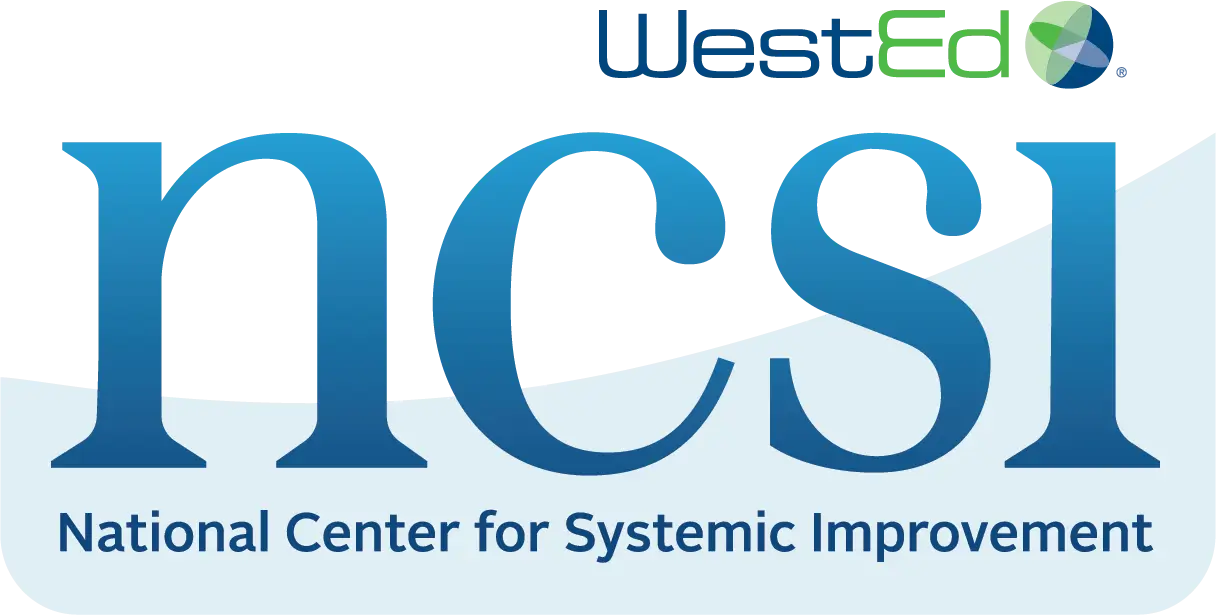
Meeting IDEA Requirements Through General Supervision Systems
Fully articulated general supervision systems are a strong lever for SEAs to change systemic results. A general supervision system is effective when it is designed to ensure successful implementation of IDEA and contains the following components:
- Fiscal Management
- Integrated Monitoring
- Sustainable Compliance & Improvement
- Implementation of Policies & Procedures
- Technical Assistance & Professional Development
- Dispute Resolution
- Data Collection
- State Performance Plan/Annual Performance Report (SPP/APR)
We provide guidance to SEAs to help develop and implement results-driven general supervision systems. We also provide differentiated support to help states prepare for OSEP visits. See our collection of resources to help with your general supervision efforts or contact your state liaison to get more in-depth information.
Cross-State Learning Collaborative
The General Supervision Cross-State Learning Collaborative (CSLC) supports states in preparing for OSEP monitoring (DMS 2.0) and implementing general supervision systems that support IDEA.
The CSLC supports these shared interest groups:
- State Monitoring Systems
- DMS 2.0 (based on OSEP-assigned cohorts – 1+2; 3; 4+5)
- Dispute Resolution
- Fiscal Monitoring


Policy Development Workshops
NCSI brings state representatives together for in-person events that focus on understanding current practices and refining policies and procedures to support the design and implementation of effective general supervision systems.
Differentiated Monitoring and Support
Effective preparation is key to navigating OSEP’s DMS 2.0 process. NCSI’s technical assistance supports SEAs in understanding the general supervision and DMS expectations, identifying strengths and areas of need, preparing for monitoring, and addressing any improvement activities and findings.


